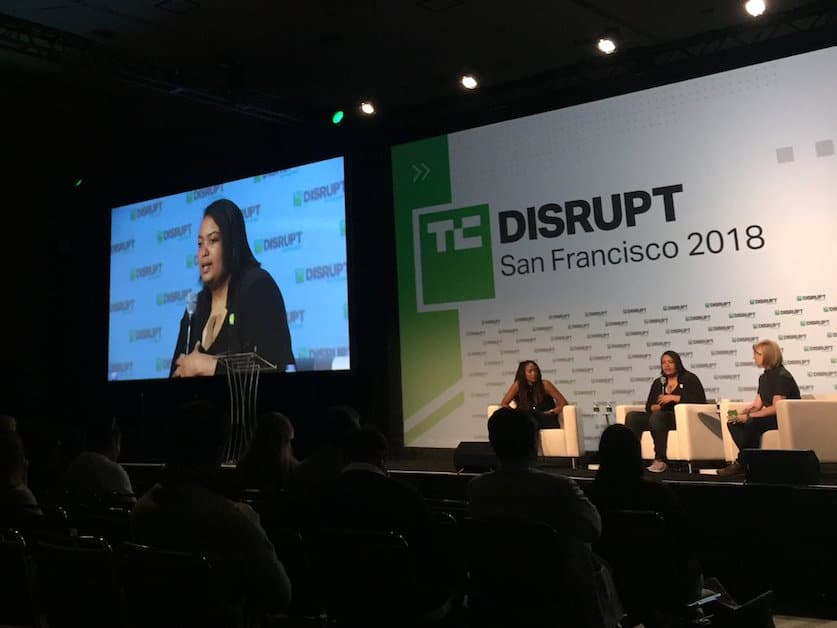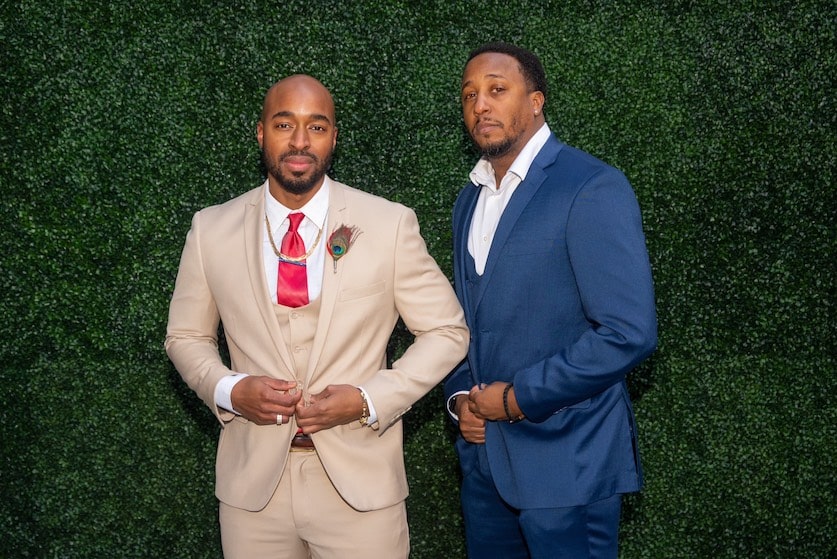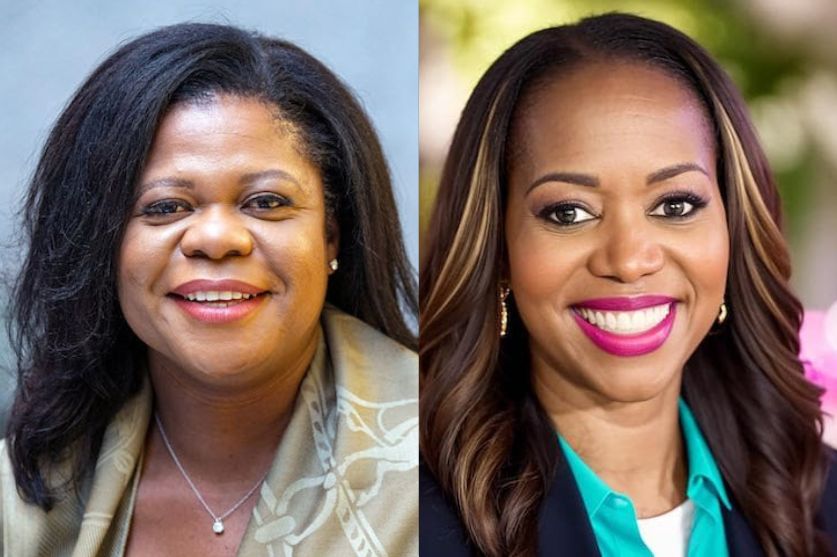
Backstage Capital To Launch Four-City Accelerator For Underestimated Founders
September 5, 2018
Atlanta Startup Creates Coolest Speakers, Ever! | Geekz Watch TV
September 12, 2018This year’s BronzeLens Film Festival of Atlanta had a spectacular lineup of programming, including two riveting sessions exploring the multimillion-dollar Nigerian film industry – also known as Nollywood.
A special screening of romantic comedy “Isoken,” and “Mr. Gele,” a documentary on the celebrated Houston-based Nigerian Gele (headwear) artist Segun Gele, kicked off BronzeLens at the Southwest Arts Center in Atlanta.
After viewing both films, attendees participated in a colorful panel discussion with Gladys Edeh (Director and Producer of “Mr. Gele”), Joseph Benjamin (Actor in “Isoken”), Mojisola Sonoiki (Creative Director at Iyalode Productions). Our very own Founder and CEO of UrbanGeekz Kunbi Tinuoye moderated the discussion.
In fact, the Nigerian film industry is the second largest in the world by output. It has also contributed significantly to the economic sector of the country, with the Nigerian government releasing data on its economic input in 2014 – twenty-two years after the moniker latched on with the small-scale production of “Living in Bondage” by Kenneth Nnebue.
As a result the film industry has become a major employer for a country that has relied heavily on profits from oil and agriculture. It was reported in 2013 that the industry pulled in an estimated $590m in annual revenue, second behind agriculture.
Furthermore, despite critics of Nollywood, actor Benjamin says in recent years we are seeing higher production values with more complex storytelling.
“Nollywood how it’s received today is not what it was when it was first started,” said Benjamin speaking on the stage. “Change is a constant thing. Growth is constant. And we are changing the narrative. “Isoken” and “Mr. Gele,” are just a few of the great movies that have come out of the Nigerian film industry. There are a lot of amazing filmmakers.”
“Robert Peters produced and directed one of the movies that made it into the Guinness World Records, “30 Days in Atlanta,” which of course put us on the map there. So the narrative is changing. We are not where we want to be, so we’re growing. we’re moving. So this is just two, a few of what we’ve been able to push out from Nollywood. The Nigerian film industry, growth is assured.”
In so much, Peters was actually a part of the second panel by BronzeLens “Nollywood in the Digital Era.”
Joined by Priscilla N. Nwanah (Producer of “The Wedding Party 2” and “The Royal Hibiscus Hotel); Rogers Ofime (Producer “Tinsel,” “Hotel Majestic,” “The Johnsons”); Tinuoye, and moderator Kiszo Ugokwe (CEO of Taradome Films based in Nigeria) the panel covered the gains and the gaps filled with opportunities.
“I started out as an actor in 1997 as soon as I graduated from college,” said Peters. “The first time I came here, I moved to America in 2004, I found out that everywhere I go, people knew about our films, especially in the Caribbeans, Dominican Republic, Jamaica. We have not been organized enough to benefit from it financially, what we’re doing currently with platforms like iRoko.”
“Nollywood has opened so many roads and created employment in the country. It has seriously contributed to the GDP of Nigeria and still contributing. We’re gradually getting to a place where we’re beginning to make films that can travel. Our films originally were just for us, by us but now we’re beginning to find out, ‘Okay, the world is our playing field.’ And thank God for digital media, thank God for all the digital access. We can begin to make products that can do better. But it has contributed immensely to the GDP of the country. I think it’s one of the highest employers in the country presently. So many people working within the industry in Nigeria and I think that that is great. I think that it can be better with time.”
Nwanah, who produced the highest grossing Nigerian film to date, “The Wedding Party 2,” gave her take.
“Nigeria itself, I think, we’re trying to get a little bit more organized with our numbers,” Nwanah said. “It’s very personal in terms of numbers. People have to calculate their numbers. In terms of the workforce, it’s definitely given, the bigger productions especially, have opened up a lot of job opportunities. And letting people know there are alternative ways to make money, to be creative and make money. I don’t necessarily, I can’t really speak to how it contributed to the GDP of the Nigerian economy at this particular time. The fullest contribution to it is a little vague at this point because we still need to create more clear channels to what the numbers are.”
The Nigerian film industry is definitely on the upswing according to the Nollywood industry professionals who participated in BronzeLens. Continued progress on the quality of films, financial resources to create and distribute films, and infrastructure mechanisms to watch and support films both in Nigeria and abroad will add to the economic performance of the country for years to come.
Follow Carlyn Pounders on Twitter@CarlynTechTalk








